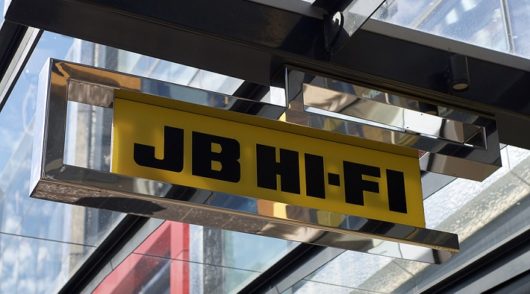
As the government seeks to recoup the hundreds of billions of dollars it has spent on its Covid-19 recovery efforts, consultancy firm PwC has recommended a rethinking of the GST – either to a higher rate, or to broaden the base of which items are taxed.
A GST hike to 12.5 per cent, as well as increasing the items covered, could raise up to $40 billion in extra revenue for the government.
Federal treasurer Josh Frydenberg previously said the government would recover its losses by increasing taxes. According to Frydenberg, “the proven path for paying back debt is not through higher taxes, which curtails aspiration and investment, but by growing the economy through productivity-enhancing reforms.”
The recent change in consumption patterns by customers, however, should be grounds for a rethinking of the GST said PwC, arguing an increase to the GST could reduce the reliance on income taxes, transaction taxes such as stamp duties and insurance levies, and would be more efficient for the government to collect.
“The change in consumption patterns has meant that the GST is underperforming,” PwC wrote in a report on Tuesday.
“This problem will become more acute in a post-Covid-19 environment, where tax reform will be required to support economic growth, generate revenue to support ongoing government expenditure, [and] improve equity.”
This change, however, will have an adverse impact on lower-income households. According to the PwC report, the lowest income group analysed spend around 10 per cent of its gross income on GST-exempt foods, while the highest income group spent about 6 per cent – and changing what purchases are exempt from GST will therefore impact one more than the other.
“While all households would be affected by changes to GST, not only is the impact on low-income households relatively larger, they may also have less capacity to absorb the additional GST costs given their low savings and disposable incomes,” the report reads.
And, according to a June report by illion and AlphaBeta, Australia’s lowest-income earners carried the country through the Covid-19 lockdown – spending 10 per cent more, as opposed to high-income earners cutting spending by more than a third.
“Low-income earners have been carrying the Australian economy on their back since March. They continue to outspend high-income earners across both discretionary and essential spending,” illion wrote.
Therefore, should a higher GST rate be implemented, additional compensation would need to be put in place to further financially support the lowest income group – which spends a greater share of its income on GST-impacted goods.
“Existing support mechanisms for lower-income groups may already exist (e.g. Family Tax Benefits, age pension, NewStart, etc), which are already generally means-tested, and could be supplemented with GST reform compensation,” the PwC report reads.
“The Covid recession requires a different response.”
These potential changes, however, could very well stifle spending in the industries already hit hardest by Covid-19 – retail, restaurants, entertainment and tourism. And the government’s infrastructure-building measures, so far, will do little to help displaced workers in these industries.
“No matter how much traditional stimulus we offer, very few baristas or chefs are doing to be able to find work building high-speed rail lines,” Dr. Issac Gross, lecturer in economics at Monash University, wrote in The Conversation on Wednesday.
“The Covid recession requires a different response.”
The response that Dr. Gross puts forward is a GST holiday – a six-month freeze on the tax that would bring the cost of goods such as clothes, tourism and restaurants down.
While the government wouldn’t be collecting revenue for the six-month period in question, it would boost spending in the areas of the economy hit hardest – while also helping the poorest Australians get the goods they need more affordably.
“I think a GST holiday is good way to stimulate the economy in a time of recession,” Dr. Gross told Inside Retail.
“However it will need compromise between the feuding state and federal governments for them to all agree to it. One potential solution to this logjam would be to lower the GST rate for 6 months to stimulate the economy now, but then re-instate it at a higher rate in 2021 to boost state government revenue on a on-going basis.”
According to Dr. Gross, an increased GST is more likely to fund long-term financing of future government budgets, and wouldn’t do much to help fight the recession Australia faces now.
“This GST two-step would both stimulate the economy today and reinforce state budgets in future years.”





